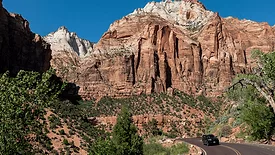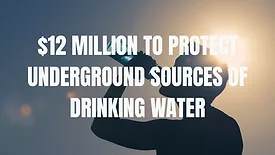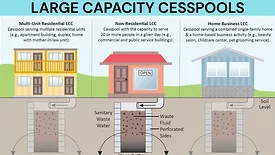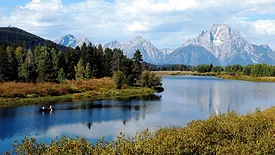Home » Keywords: » groundwater
Items Tagged with 'groundwater'
ARTICLES
Environmental groups are skeptical of the exemption process
Read More
EPA Announces $12 Million to Protect Underground Sources of Drinking Water
This funding is part of the agency’s broader “Powering the Great American Comeback” initiative
Read More
New Law in Illinois Prevents Carbon Capture and Storage on Mahomet Aquifer
Illinois’ law sets a precedent balancing climate goals with groundwater safety in response to ADM CO2 leak
Read More
Hawaii Struggles with a Massive Cesspool Crisis
The Push to Change Comes Amid Push for Cleaner Water and Coral Reef Protection
Read More
‘Water Is the New Oil’ as Texas Cities Square Off Over Aquifers
In Central Texas, a bitter fight over a $1 billion water project boils over
Read More
EPA Seeks Input on ‘7th Drinking Water Infrastructure Needs Survey’
Data collected to gauge capital-improvement needs of community water systems
Read More
EVENTS
Industry
10/14/16
450 Industrial Road
Christiansburg, VA
United States
Virginia Water Well Association's Fall Field Day 2016
Dig deeper into the drilling and water supply industry!
Build your knowledge with The Driller, covering the people, equipment and technologies across drilling markets.
SIGN UP NOWCopyright ©2026. All Rights Reserved BNP Media.
Design, CMS, Hosting & Web Development :: ePublishing









